Newcomb Family History & Genealogy
Newcomb Last Name History & Origin
AddHistory
We don't have any information on the history of the Newcomb name. Have information to share?
Name Origin
We don't have any information on the origins of the Newcomb name. Have information to share?
Spellings & Pronunciations
We don't have any alternate spellings or pronunciation information on the Newcomb name. Have information to share?
Nationality & Ethnicity
We don't have any information on the nationality / ethnicity of the Newcomb name. Have information to share?
Famous People named Newcomb
Are there famous people from the Newcomb family? Share their story.
Early Newcombs
These are the earliest records we have of the Newcomb family.

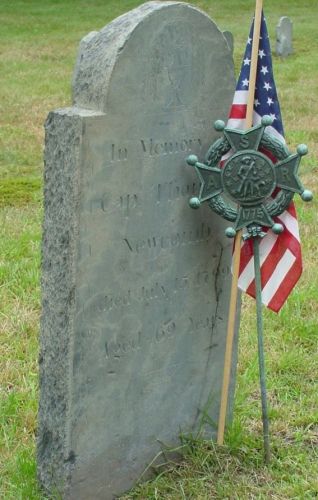
Newcomb Family Members
Newcomb Family Photos
Discover Newcomb family photos shared by the community. These photos contain people and places related to the Newcomb last name.
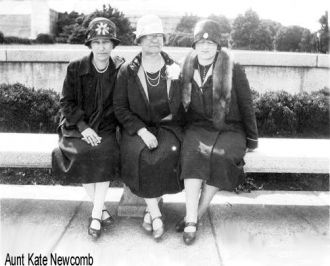
Catherine Newcomb is on the left, The other ladies are unknown to me, One of them may be Catherine's Sister Ella but I am not sure. When Catherine passed away she had been living in Delaware. She had a Son named George Charles Newcomb If you know any of these ladies please contact me. Thank you, Alva.

Hancock Cemetery: Quincy, Norfolk, Massachusetts.
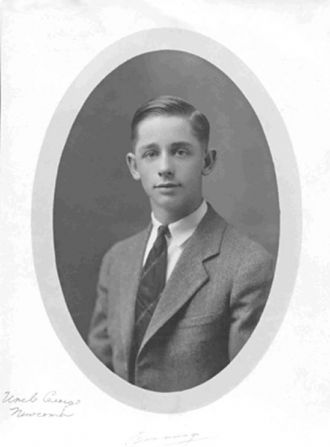
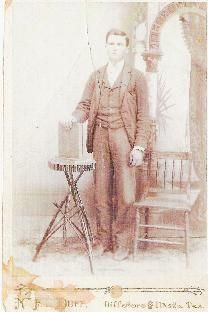
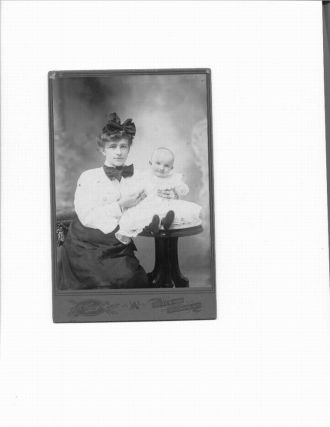
Relation of Newcomb to Winterton is unknown. Identity of woman is unknown.
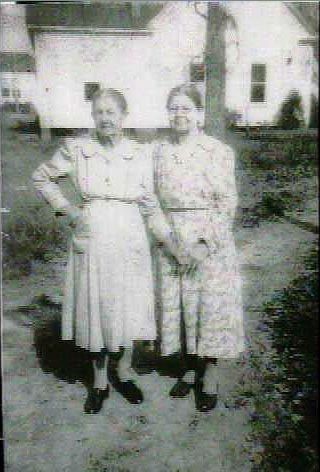
People in photo include: Kate (Copal) Newcomb and Susan (Chisum) Copal
Newcomb Family Tree
Discover the most common names, oldest records and life expectancy of people with the last name Newcomb.
Updated Newcomb Biographies

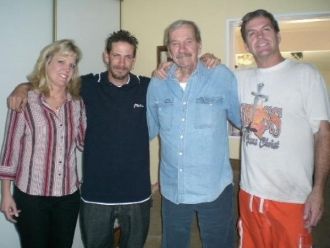



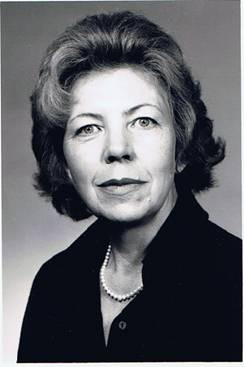
Popular Newcomb Biographies



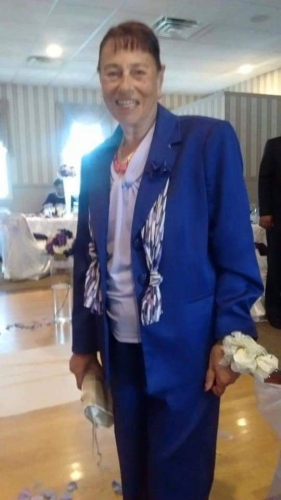


Newcomb Death Records & Life Expectancy
The average age of a Newcomb family member is 73.0 years old according to our database of 5,752 people with the last name Newcomb that have a birth and death date listed.
Life Expectancy
Oldest Newcombs
These are the longest-lived members of the Newcomb family on AncientFaces.
Other Newcomb Records
Share memories about your Newcomb family
Leave comments and ask questions related to the Newcomb family.
Followers & Sources

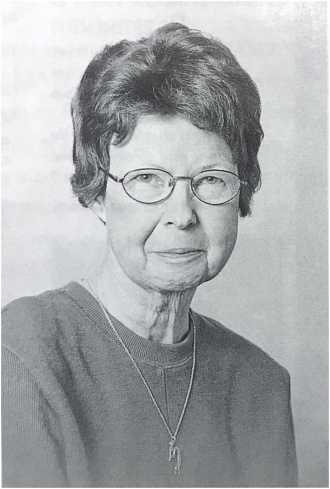


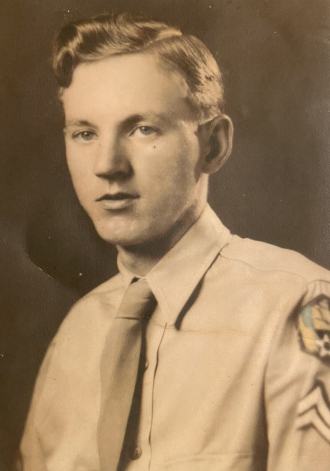


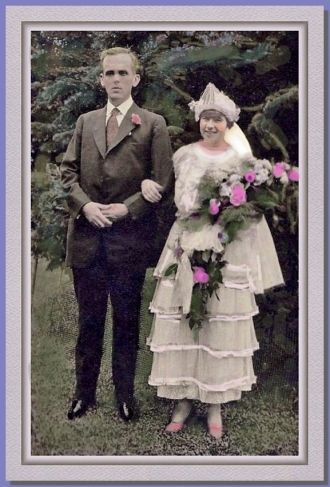


December 16, 1848
Page 2.
BRYANT NEWCOMB
Incidents in the life of Mr. Bryant Newcomb of
Braintree, who died Nov 30th, age 87 years and 1
month.
Mr. Newcomb was born at Braintree, Oct 25th,
1761. At the commencement of the Revolution he
was in his fourteenth year, yet young as was he
fully appreciated the right and justice of the Ameri-
can cause. His youthful mind was inspired with an
ardent and patriotic love for his country. He shared
in the glory, and endured the sufferings, attendant
open long and glorious struggle for the rights of
man. Frequently as I listened to his recitals of the
scenes of joy and woe, pleasure and pain, suffering
and want, that he passed through in that period.
His father, Capt Thomas Newcomb, was the grand-
child of Francis Newcomb who came from Oxford
County, England. He was a brave and worthy man.
Reserved throughout the revolutionary struggle, first
as Lieutenant, afterwards as Captain, of an artillery
company. When the news came of the battle at
Lexington it found him as it did General Putnam, at
work upon his farm: like him also, he left his plough
in the burrow and quickly hastened to the scene of
action. As he was leaving his home, his wife asked
him (it being dinner time) if he was not going to
eat dinner first. No, said he, if we tarry a moment
we know not whom it may cause to loose his dinner
tomorrow. It was such self denying and patriotic
examples as these the son had to imitate and to
inspire his youthfulness. That they were not for-
gotten the story will show. He accompanied his
father and appointed in the time a gunner in the same
company of which his father had command. While
the British had the possession of Boston, Captain
Newcomb was stationed first at Quincy, Green Hill,
then at Nantucket. Afterwards he was engaged in
several of the battles and skirmishes that occurred in
Rhode Island and Connecticut. It was at the battle
of Newport that the young gunner had the honor of
discharging the first gun. This I have heard my
grand-father share with a feeling of pride and satisfac-
tion, and with such ????? and manner that the ways
reminded me of the following lines of Goldsmith____
“Sat by his fire and talked the night away
Went O’er his wounds or tales of sorrow done,
shouldered his crutch and showed how fields were
won.”
In the autumn of 1780, the rigors and hardships of
the camp, proved too much even for the robust and
frail constitution of the youth. He was taken sick
and sent home. This event produced an entire
change in his future life. On his recovery to health
he, together with Job Field, Lemuel Clark, Samuel
Curtis, Edward Savil, Josiah Bass, Thomas Vinton,
James Bass(colored,) Gregory Clark, Lewis Glov-
er, all of Braintree shipped on board of a Privateer of
twenty guns, called the Essex. This vessel belonged
to Salem and sailed sometime in the month of April,
1781. Her officers consisted of Capt. John Heitheart,
Lieutenant Thayer, 2d. Lieut. Lovell and 3d. Lieut.
Pilsbury. Her crew numbered one hundred and thir-
ty men and boys. They sailed in fine spirits and di-
rected their course across the Atlantic with the inten-
tion securing rich prizes along the coast of Eng-
land and Ireland. On their way they captured a
small English store ship, which, after supplying them-
selves with as much articles of her cargo as they thought
might be necessary for their present and future wants,
they maintained and set off to one of the American
ports. This ship was afterwards, I believe, retaken.
The successful adventure elevated their hopes and
they proceeded on with joy. But, alas they were
soon doomed to disappointment, for scarcely had
they reached the coast of Ireland before were ta-
ken by his Majesties ship the Queen Charlotte, a
frigate of thirty six guns. Capt. King commander.
They where captured on the 4th day of June, 1781,
Conveyed to Ireland and committed to prison. The
high hopes of and bright visions with which they com-
menced their adventurous voyage were now blasted.
Instead of great bounties and luxuries which they
fancied awaited them they now saw nothing before
them but penury, suffering, and want. At the expira-
tion of twelve days they were taken from the prison
in Ireland, and once more conveyed on board of the
frigate, put in irons and confined between decks to
await the readiness of the Cartel or transport ship to
carry them to England. Newcomb and Field were
ironed together. They allowed to secrete about
their persons a lot of the ship bread and two bottles of
wine, which rendered their unpleasant quarters a lit-
tle more tolerable. The Cartel took them to Ports-
mouth. There they placed on board a Guard
ship. Here they were kept some time and then tak-
en to Plymouth and carried before the Court for xam-
ination. They were condemned for piracy and high
treason and committed to the Mill Prison.
Previous to their condemnation they had been fre-
quintly been importuned by the king’s officers to in
the British service. All these importunities had been
firmly resisted. The Judges many tried their powers
of entreaty. The prisoners where committed into the
Court two by two. Newcomb and Field stood before
it. The usual questions having been gone through
and the sentence and condemnation pronounced, when
the Judge thus addressed them. “I am empowered
to give advice to young men like you and to offer you
in the name of his Majesty, Pardon on the condition
that you enter our service. You shall be used well
and shall receive the regular pay. Remember that
you have taken up arms against your mother country
and have been found guilty of one of the highest of
crimes. I would entreat you to accept the condition
and receive the pardon. I advise you as I would my
own sons.” He then took out his watch and gave
them ten minutes to decide. This last act was unne-
ccessary. There was one question for them to decide,
their determination was fixed, their minds were firm
No inducements, nor entreaties, no promises nor bribes
could swerve them from the path of duty. Notwith-
standing they had already suffered ?????, and their
future prospects looked dark and gloomy yet they
preferred to endure it all, aye, even death itself rather
than to sacrifice one jot, or tilt of their patriotism.
There answer was- “Pardon us, no guardian, we will
not enter into any sacrifice that will require us to act in
opposition to our own country.”
The emphatic answer at once changed the paternal
tone and manner of the Judge to that of haughtiness
and severity. He peremptorily ordered them away
to the prison. It was about the first of September
when they entered the prison and they remained
there about seven months. Many were the suff-
ing, privations and hardships they were called to en-
dure. All communication from without was denied
except through the officers of the prison. Their fare
was coarse and hard. Yet their courage and hopes
never failed them. The looked forward with the
eye of faith for better times. They bore with patience
their present sufferings in glorious anticipations of
brighter days. No discipline or prison regulations
could restrain them, however, from giving vent to
their feelings on the reception of any favorable news
from home: They secret and unknown friends
without the prison, who would manage to give them
a knowledge of passing events. One morning about
the first of November, a large frigate was seen enter-
ing the harbor. News from home said they, and
everyone felt anxious to know what it might be
“Cornwallis is taken,” and Newcomb. “Do you not
see how sad and dejected the British officer look and
appear, their faces are as long as your arm.” But no
satisfactory answer to their questions could be obtain-
ed. By and by an old boot was seen flying in the air.
It fell within the walls. A dozen hands were imme-
diately ready to receive it. In the boot was a paper,
which revealed to them the glorious news that Corn-
wallis, with his whole army was taken. This was too
good news to let pass in silence. They gave three
cheers and at the same time the American colors
were posted which they had made out of red and
white cloth. For this show of their rebel spirit the
leaders were put under guard. Newcomb among the
rest. The flag was quickly pulled down, or worse
consequences would have followed.
Many and carious were the ways and means resort-
ed to while away the tedious hours of confine-
ment. Some of them quite laudable and praiseworthy.
The Yankee school master was there and all who
could furnish half a penny a day as tuition fee could
enjoy the privelege of his school. The Methodist
preacher was there, who officiated regularly every
Sunday. These schools and meetings served to
make their situation less irksom by keeping the
mind employed upon useful topics. I have often
heard my Grandfather speak of the satisfaction and
pleasure they aforded him.
Newcomb, Field, and Savil had written a letter to
John Adams, who was at the time in Amsterdam,
acquainting him of their situation and requesting his
intercession in their behalf. The result of this com-
munication was made to them as follows -
One morning in March, 1782, Henry Laurens was ad-
mitted into the prison in company with one of the of-
ficers. This Mr. Laurens succeeded John Hancock
as president of the Continental Congress and was af-
terwards chosen by Congress, to go to Holland and so-
licit a loan and to negotiate a treaty with the United
Netherlands. On his passage he was captured by a
British vessel, and sent to England. He was com-
mitted to the Tower as a state prisoner on the charge
of high reason. He was kept in the Tower about 18
months, and from which he had been but was recently
liberated when he visited the Mill prison. The pris-
oners all gathered around him. He made a short
speech, full of sympathy and consolation. At the
close of which he called for Newcomb, Field and Sa-
vil and informed them that Mr. Adams had received
their letters, and had make arrangements for their lib-
eration, and in a few days they would hear from him
direct.
In about three weeks from that time the happy day
arrived. They received the expected letter from Mr.
Adams, and with it five guineas each. They went to
France in a Cartel. and traveled several hundred
miles in that country. It was some months before
they succeeded in getting a passage home. They
shipped on board of a brig bound to Philadelphia. On
entering the Delaware bay, word was sent off from
the shore that the river was blocked by the enemy.
The brig was run ashore, the cargo immediately dis-
charged and carried into the woods. Shortly after
an English ship was in sight, and discharged a vol-
ley of hot shot one of which set the brig on fire and
she was burnt. Having succeeded in getting their
wages, they left for home, walking all the way when
they arrived safely on the 16th of October, 1872.
Such are some of the most prominent events that
characterized his early life. He was now twenty-one
years old, without any trade or profession, and not
worth the value of a dollar. But his was a mind
not to yield to despondency. The same fortitude
now urged him on, which had already sustained him
through his many trials. He served as an apprentice
for six months, with his brother and then established
himself in the shoe business. Having manufactured
several pairs, he took them upon his back and walk-
ed to Boston, sold them, bought his stock and return-
ed. This he continued to do until he was able to
purchase a horse, then went on horseback with
panniers. In a short time he was able to get a wag-
on, or rather an apology for one, for it consisted only
of the wheels with boards nailed upon the axels. In
a few years however he succeeded in procuring one,
more substantial and better finished. He kept his
stand for the sale of his shoes near Dock Square and
would generally sell his load in one day. He contin-
ued in this business about twenty years. He then
entered into the stone business and was engaged in
that about the same length of time. He was cue of
the first commence in the stone business, which
has proved such a source of income and profit to
many.
He married at the age of twenty-two years, Miss
Jane Glover, with whom he lived sixty-two years.
She having died four years ago. By this union he
became the father of nine children, eight of who,
are still living and have families, so that his descen-
dants in children, grand-children, great-grand-chil-
dren and great-great-grand-children, will number up-
wards of 150.
Mr. Newcomb had many excellent traits of charac-
rer. His home was a happy home. As a husband
he was kind and good, as a father fond and affection-
ate-as a neighbor, generous and benevolent. As a
business man he possessed every requisite virture,
which together with his economical frugal and tem-
peratehabits, enabled him to accumulate quite a
handsome fortune.
He received a pension from the government for
many years. This was a great source of gratification
and pleasure to him. He would often speak of his
pension money as the price of his youthful labor in
his county’s cause, and as he thought of the past,
and then contemplated upon the present prosperous
and happy condition of his country, it would reani-
mate his whole soul with joy and thanksgiving.
His work is finished. He has gone, full of years,
to his final rest. And we can well say with the
poet--
Why mourn ye that our aged friend is dead?
Ye are not sad to see this gathered grain.
Nor when their mellow fruit the orchards east,
Nor when the yellow woods shake down the ri-
pined mast.
Ye sigh not when the sun his course fulfilled
His glorious course rejoicing earth and sky,
In the soft evening when the winds are chilled,
Thinks where his islands of refreshment lie,
And leaves the smile of his departure spread,
O’er the warm colored heaven and ruddy mountain
tread.
Why weep ye them for him who having ran.
The bound of mans appointed years, at last
Life’s blessings all enjoyed, life’s labor done,
Serenely to his final rest has passed,
While the soft memory of his virtues, yet
Lingers like twilight hues when the bright sun is
set.
ONE OF THE DECENDANTS.
TRANSCIBED FROM A SCANNED COPY
BY: THEO DORA VIAL
April 1, 2005
NOTE TO THE READER: WRITTEN THE SAME AS IT WAS IN THE ORIGINAL ARTICLE. THERE WERE ONLY A FEW WORDS THAT COULD NOT BE READ. THAT IS WHERE YOU WILL SEE THIS, “???”
THEO DORA VIAL